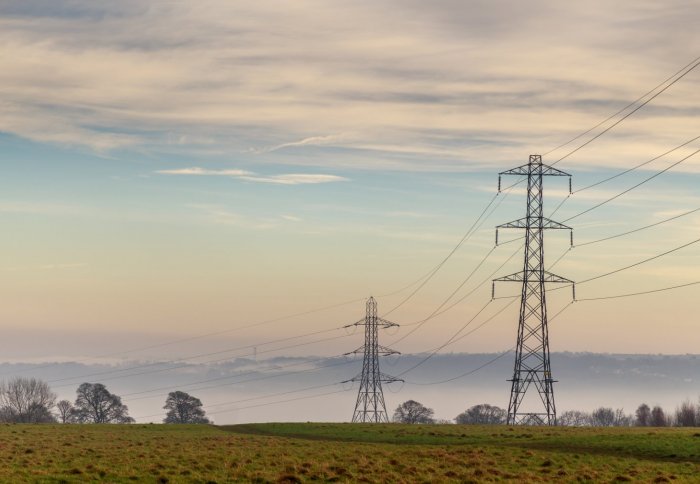Winter blackout fears are exaggerated says research from Imperial College London

New research shows fears of winter power outages are unfounded but says the Government needs to do more to ensure electricity remains low-carbon.
A new report from Imperial College tackles a long standing controversy around the risk of power cuts. Is the UK facing an electricity security crisis?, a briefing paper by Energy Futures Lab takes an in-depth look into the current and future makeup of the UK’s energy sector.
Power system reliability is no longer about counting power stations. Our report shows that reliability, properly understood, is high.
– Dr Robert Gross
Director of Policy, Energy Futures Lab
The main conclusion is that fears of the ‘lights going out’ are unfounded and that the electricity system is extremely robust. Predictions of blackouts often result from out-dated conceptions of power system operation.
The report argues that in the past, the margin between large power stations and peak demand provided a crude but effective measure of reliability. Now there is more decentralised generation, wind and solar, new storage plants, smart meters and connections to continental Europe and Ireland. The authors conclude that the old and simple measures of reliability are no longer good enough.
The report highlights that the UK is already using more sophisticated measures, taking account of the new mix of power. These, unambiguously, show that reliability is high now and in to the 2020s.
Co-author Dr Gross says: “Part of the problem is that the conversation around the UK’s electricity supply is dominated by 20th century thinking. Power system reliability is no longer about counting power stations. Our report shows that reliability, properly understood, is high.”
“We will need some new power stations, but this is only part of the story,” says co-author Dr Aidan Rhodes, “We also need to build flexibility through smarter demand, storage and interconnection.”
However the report cautions that by the mid-2020s the UK will need to replace many old power stations, both coal and nuclear. If nuclear power stations are delayed and the current progress with renewables is not maintained then reductions in CO2 emissions will be reversed. The report emphasises that this will not happen without clear policy.
Dr Gross says: “The government needs to provide much clearer signals of what it wants the power system of the future to look like. We hope that the Clean Growth Stratgey will finally provide more clarity for investors after 2020.”
The research also comes as the government prepares to launch its Clean Growth Strategy and two major publications are expected, National Grid’s annual Winter Outlook and Professor Dieter Helm’s energy cost review.
“We think that our work can very much inform the policy discussion related to security, prices and carbon emissions,” says co-author Dr Evangelos Gazis.
The paper was authored by Dr Aidan Rhodes, Dr Evangelos Gazis and Dr Rob Gross on behalf of Energy Futures Lab and launched on the 11 October at an event at Imperial College London. You can download the full briefing paper [PDF], from the Energy Futures Lab website and a video of the launch will be online soon.
Energy Futures Lab’s Briefing Papers are periodic reports aimed at all stakeholders in the energy sector. They bring together expertise from across Imperial College London to provide clarity to a wide range of energy topics. The next in the series will tackle the complex interactions between electricity, gas, heat and transport systems.
Article text (excluding photos or graphics) © Imperial College London.
Photos and graphics subject to third party copyright used with permission or © Imperial College London.
Reporter
Neasan O'Neill
Faculty of Engineering